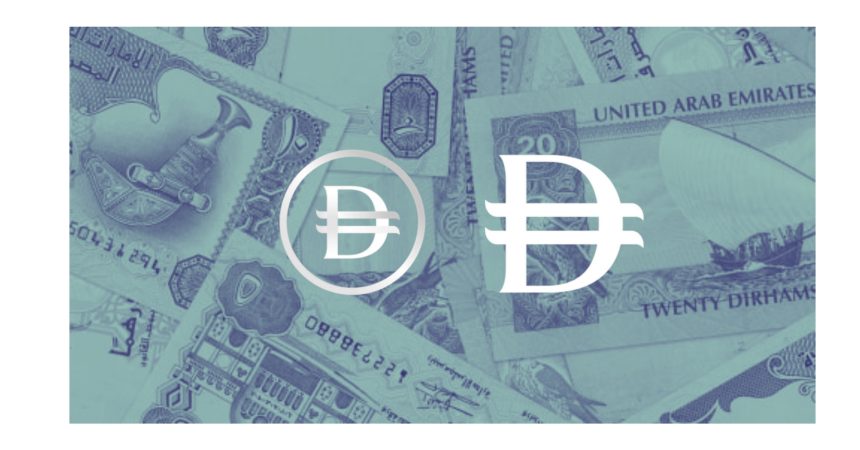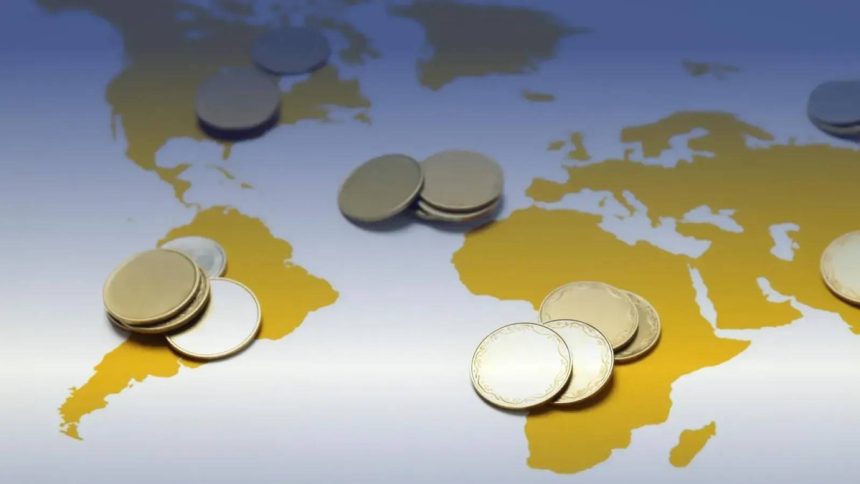Hourly minimum wages are a crucial benchmark for measuring living standards, economic fairness, and worker rights across different countries.
While some nations ensure high wages that support a decent quality of life, others struggle to keep up with inflation and rising costs.
Let’s explore the hourly wages globally:
Lowest Minimum Wages: The Struggle in Developing Economies
Many countries face challenges in raising wages which hinder living standards despite economic growth efforts.
Those countries include:
- Russia: $1.47/hour
- Brazil: $1.65/hour
- Colombia: $1.79/hour
Scandinavia’s Unique Approach: No Legal Minimum Wage?
Countries like Sweden, Norway, and Denmark don’t set a government-mandated minimum wage.
This works very well as high trust in labor unions and employer agreements ensures fair pay.
Instead:
- Unions negotiate wages through collective bargaining
- Average hourly wage in Sweden: 225 SEK (~$22.51)
- Result: High salaries without strict laws

Countries with the Highest Minimum Wages (2024)
Luxembourg – €18.30 (~$19.80) per hour
Luxembourg leads globally, as it has a strong economy, high living costs, and robust labor laws ensure workers earn fair wages.
Accordingly, it is offering:
- €15.25/hour for unskilled workers
- €34/hour national average wage
Australia – AUD 24.10 (~$15.80) per hour
Australia’s wage system includes:
- AUD 44 (~$28.90) average wage
- Annual adjustments based on inflation
European Leaders in Fair Wages
Several EU nations guarantee high minimum wages.
Due to strong unions and social welfare policies that keep wages competitive, those countries include:
- Germany: €12.82/hour
- Netherlands: €14.06/hour
- Ireland: €13.50/hour
- France: €11.88/hour (with strong worker protections)
The U.S. Wage Crisis: Stuck at $7.25 Since 2009
Despite being a global economic leader, the U.S. federal minimum wage has not increased in 15 years:
- 7.25/hour
- Some states set higher wages 16/hour)
- There is a growing calls for reform amid rising living costs

Why Raising Minimum Wages Matters
Studies show that fair wages benefit economies by:
- Reducing poverty and income inequality
- Boosting consumer spending
- Improving worker productivity
- Strengthening social stability
Countries that invest in fair wages see long-term economic growth and higher employee satisfaction.
Which Country Pays Workers Best?
- Highest wages: Luxembourg, Australia, Germany
- Best labor models: Scandinavia (negotiated wages)
- Biggest challenges: U.S. (stagnant wages), developing nations (low wages)
A fair minimum wage isn’t just about numbers—it’s about dignity, economic security, and sustainable growth.





